A homeless man who died of exposure in Rome, four sisters of Mother Teresa’s congregation killed in Yemen, the rising incidence of illness in “Terra dei Fuochi” — a area in southern Italy plagued with toxic waste — and refugees abandoned in the cold. These recent tragedies echoed in Francis’ prayers during Mass at Santa Marta on Monday, 14 March. “Lord, I don’t understand, I don’t know why this happens, but I trust you”, he said. It is a beautiful prayer, the only one possible, he explained, and it is also the prayer of parents of disabled children affected by rare diseases. Facing the many “dark valleys” of our time, the only possible response is to trust in God who, Scripture reminds us, “never forsakes his people
In fact, Pope Francis noted, “the Lord tries to make his people understand that they are close to him, that they walk with him” (13:1-9, 15-167, 10-30, 33-62). He explained it in these terms: “Tell, me have you ever seen a people whose gods are as close to them as I am to you? Listen, I have accompanied you, I have walked beside you from the beginning, I taught you to walk, like a father with his child”.
Indeed, the Pope stated, “God’s closeness to his people is the message that he, Father, wants to give us; but the people do not manage to really understand him”. Thus, “when they do understand him, they have the experience that we heard, the experience of Psalm 23[22]: ‘The Lord is my shepherd, I shall not want; he makes me lie down in green pastures. He leads me beside still waters; he restores my soul’”. It is the experience of the “Lord who loves me and who is always beside me”. But someone could object: “Father, this seems like a soap opera, because there are so many bad things in life!”. Instead, the Psalmist continues: “He leads me in paths of righteousness for his name’s sake. Even though I walk through the valley of the shadow of death, I fear no evil; for thou art with me”. Even when we are in a “dark valley”, Francis emphasized, “the Lord is with us in these moments”.
Thus, he continued, “the message that the liturgy offers us today with the story of Susanna, a righteous woman who was soiled by the wicked desire, the lust of these judges”. Indeed, “in the story, the judges run the risk of deciding on the basis of interests: it is a difficult profession”. We read in Scripture that “this woman is slandered by two elder judges” who are “tempted by lust”. Susanna “has no way out: either she sins by doing what the judges want, or she is subject to the vengeance of these men”.
In this situation Susanna prays to the Lord: “O eternal God, who dost discern what is secret, who art aware of all things before they come to be, thou knowest that these men have borne false witness against me. And now I am to die! Yet I have done none of the things that they have wickedly invented against me!”. Thus, “even if I go through a dark valley, I fear no evil, for you are with me: this is Susanna’s experience”. The woman “was to go on the dark path that led to her death, but the Lord was with her, the Lord was close to her, walking with her as he had walked with the people, always, like a father, like a mother”.
We too have the same experience today. We see “so many dark valleys, so many disasters, so many people dying of hunger, from wars, so many disabled children, so many”. And if “you ask their parents: ‘What disease does he have?’”, their answer is: “Nobody knows: they call it a ‘rare disease’”. And, Francis affirmed, “that is what we do with our issues: ‘let us consider cancer in ‘Terra dei Fuochi’”. Indeed, he said, “when you see all of this”, the question spontaneously arises: “Where is the Lord? Where are you? Are you walking with me?”. This is precisely “Susanna’s feeling, and today it is ours as well”.
As the Pope continued, he recalled the sisters of Mother Teresa’s congregation killed recently in Yemen: “You see these four sisters slain: they served out of love, and they ended up slain out of hatred!”. Moreover, he said, “when you see that doors are closed to refugees and they are left outside, in the air, in the cold”, the question returns: “Lord, where are you? How can I trust in you, if I see all these things?”. Then, when “things happen to me, each of us might say: how can I trust in you?”.
The Pontiff explained that “there is only one answer to this question”. He emphasized: “It cannot be explained, no. I am not capable. Why does a child suffer? I don’t know; it’s a mystery to me. The only thing that gives me some light — not to the mind, to the soul — is Jesus in Gethsemane: ‘Father, not this cup. But your will be done’”. Thus, Jesus “entrusts himself to the Father’s will; Jesus knows that all does not end with death or with anguish, and his last words on the Cross: ‘Father into your hands I entrust myself!’. And thus he dies”.
It is a true act of faith, “entrusting myself to God who walks with me, who walks with my people, who walks with the Church”. So perhaps “I entrust myself” by saying: “I don’t know why this happens, but I entrust myself: You will know why”. And “this is what Jesus taught: those who entrust themselves to the Lord who is shepherd want for nothing. Even should they walk through a dark valley, they know that evil is a temporary evil, but there will be no definitive evil because of the Lord, ‘for thou art with me; thy rod and thy staff, they comfort me’. This, the Pope clarified, “is a grace. We have to ask for it: ‘Lord, teach me to entrust myself to your hands, to entrust myself to your guidance, even in brutal moments, in dark times, at the moment of death, I entrust myself to you for you never disappoint, you are faithful”.
In conclusion, Francis suggested that we “think today about our life, about the problems we have, and ask for the grace to entrust ourselves to God’s hands”. Let us also think, he added, “of the many people who do not even have a last caress at the moment of death: three days ago, a homeless man died here on the street, he died of exposure. In the middle of Rome, a city with every possibility to help”. And thus the question returned: “Why, Lord? Not even a caress! But I entrust myself to you because you do not disappoint; I do not understand”. The words “Lord, I don’t understand”, the Pope said, are “a beautiful prayer”. Thus, even “without understanding, I entrust myself to your hands”.


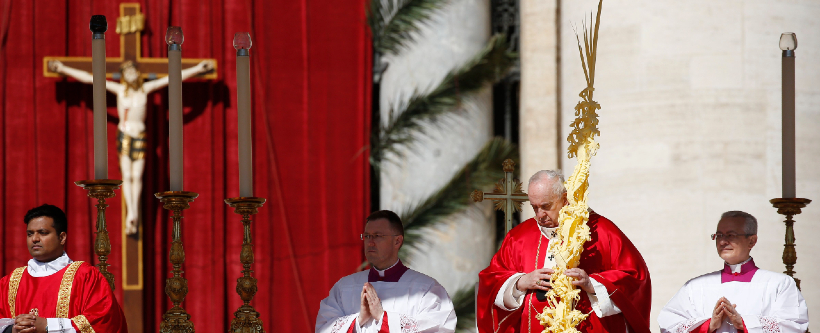
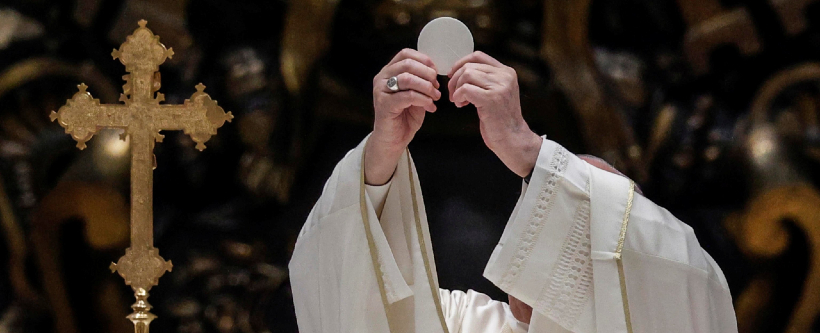
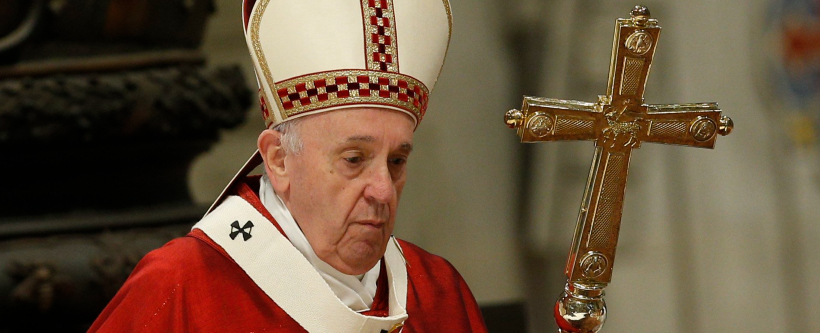
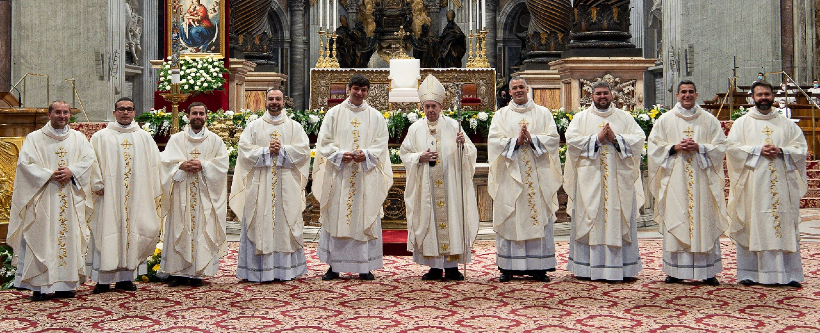
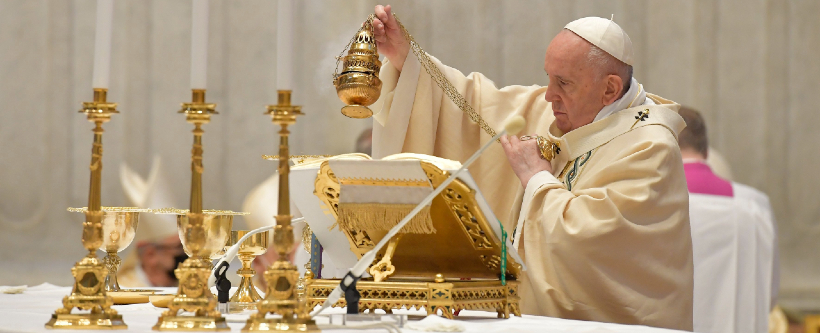
Facebook Comments